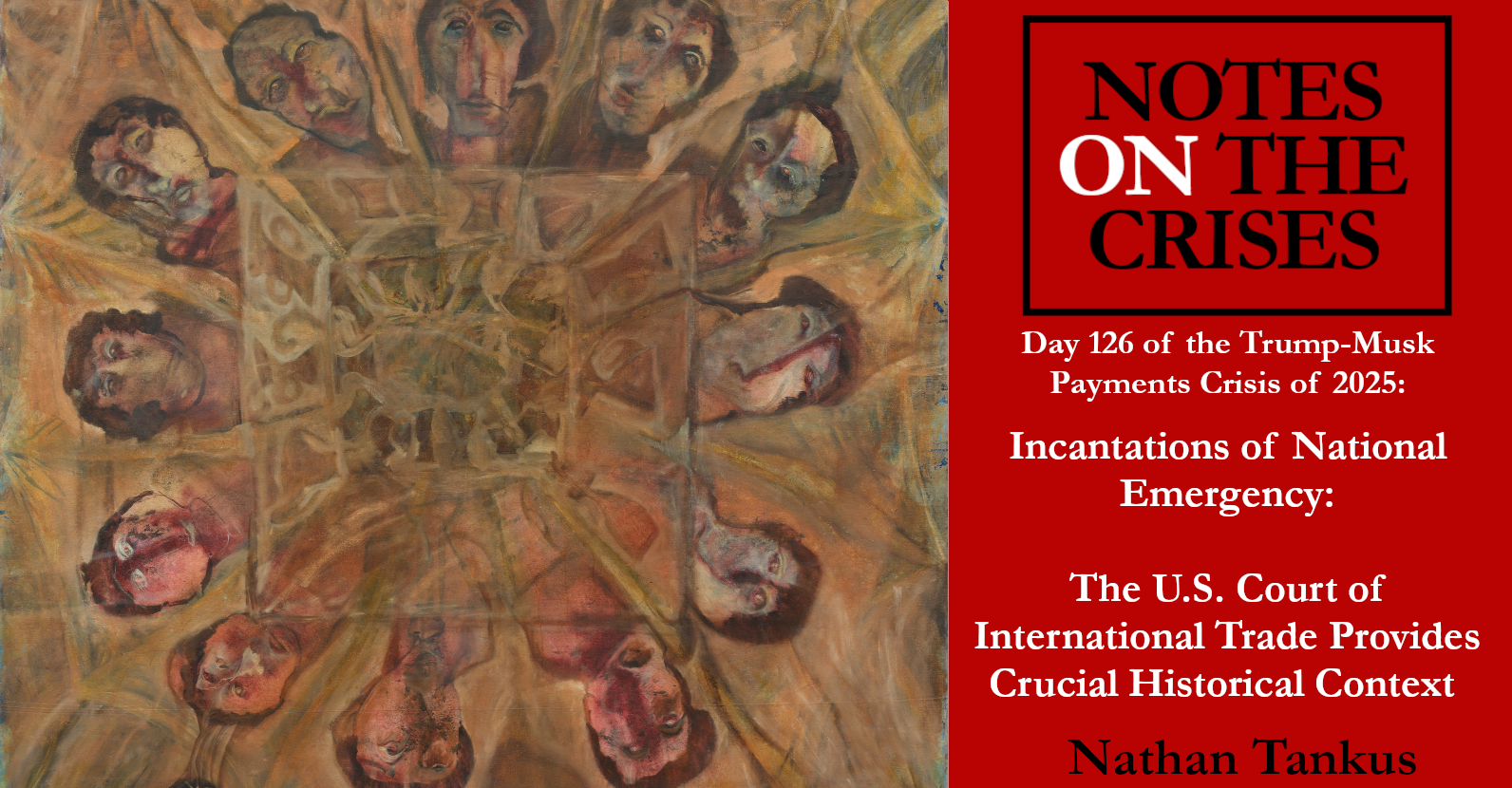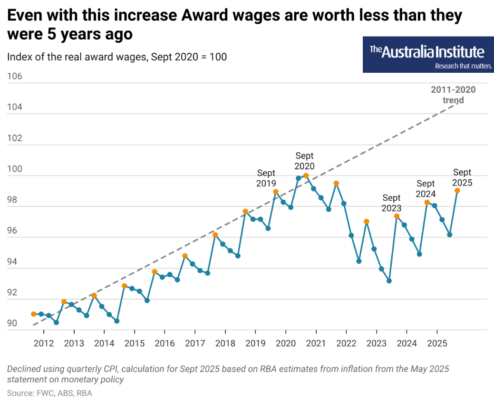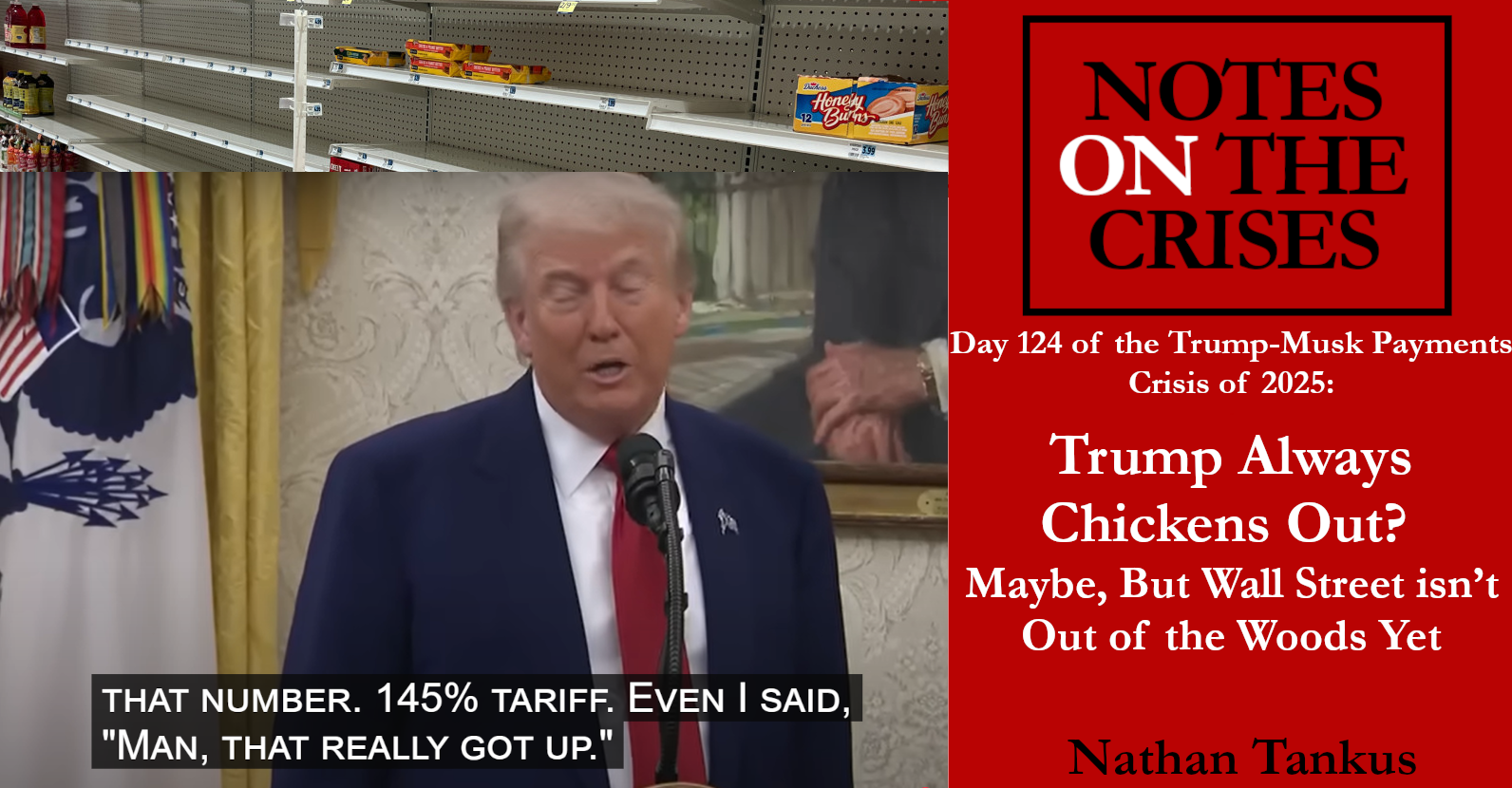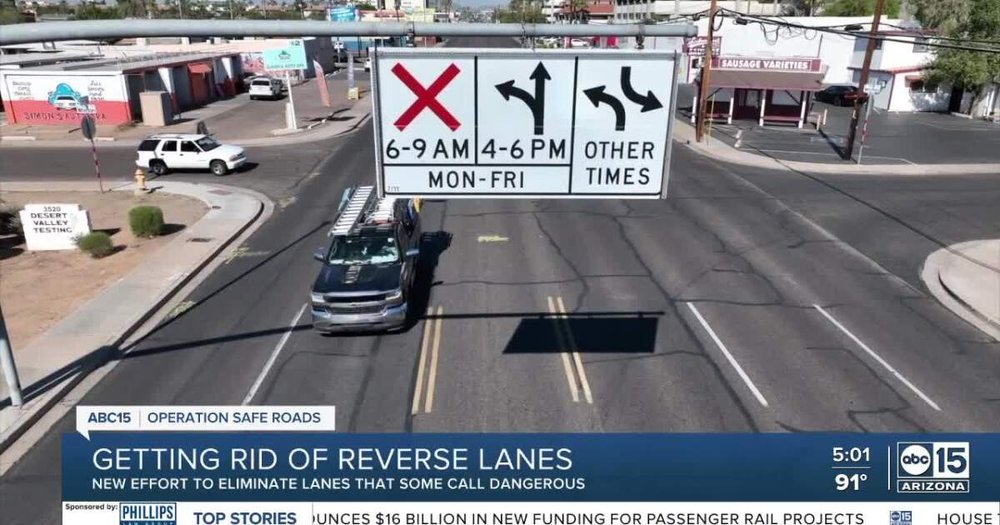ODOT hiding cost overruns. Despite widespread bloviation about the need for “accountability,” the Oregon Department of Transportation is simply, and inexplicably, unaccountable for the spiraling cost of its largest single project. It’s hiding new higher cost estimates as the Oregon Legislature ponders giving it more morney.
The Oregon and Washington highway departments are once again delaying releasing a new cost estimate for the Interstate Bridge Project. It’s an ominous sign that the cost is going to be much, much higher.
IBR leaders have known since January of 2024 that costs were going to be even higher–but repeatedly they’ve delayed releasing a new estimate.
In April, IBR project director Greg Johnson announced that there would be yet another delay, until at least September 2025– in telling the Oregon and Washington Legislatures and the public how much the IBR project will cost. They now say an estimate will come out “by the end of the year”–i.e. well after the Legsislature will have to vote on a major transportation package.
The IBR cost estimate, which jumped from a maximum of $4.8 billion in 2020 to as much as $7.5 billion in 2022, has grown increasingly stale. Expect the total cost of the project to exceed $9 billion.














